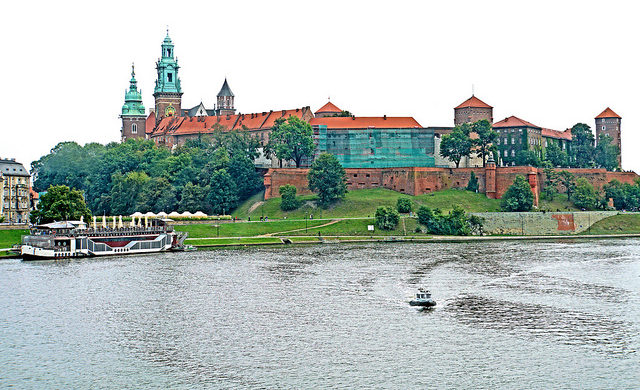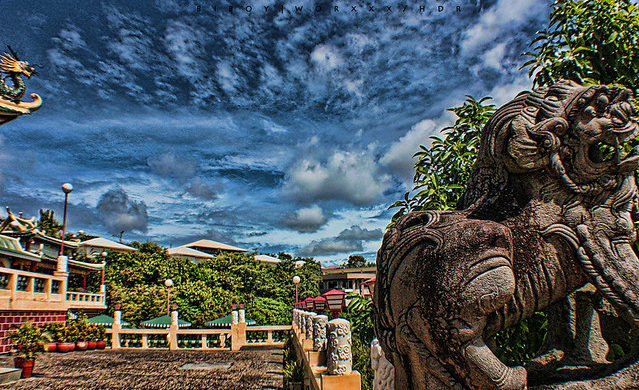‘The law is another form of storytelling’: Philippe Sands in conversation with Juan Gabriel Vásquez
When Chilean dictator Augusto Pinochet was arrested in London in 1998, lawyer Philippe Sands was part of the prosecution. As his book about the case comes out, he talks to the Colombian novelist about literature and justiceWhat do law and literature have in common? Do they represent similar impulses towards understanding human motives and behaviour, or are they fundamentally different systems? In his new book, 38 Londres Street, lawyer and writer Philippe Sands revisits the attempts to extradite and prosecute former Chilean dictator Augusto Pinochet, beginning in 1998, in which he was involved. He also finds himself on the trail of Walther Rauff, a former SS officer featured in Sands’s award-winning book East West Street, who went on to seek refuge in Chile, later becoming involved in the Pinochet regime’s arrangements for the detention, torture and murder of its opponents. The Colombian novelist Juan Gabriel Vásquez, who trained as a lawyer but decided instead to write journalism and fiction, has addressed political violence and its legacy throughout his work, including in his acclaimed novel The Shape of the Ruins. The two friends met to discuss excavating the past, the limits of law and the potential of art.Philippe Sands: We’ve known each other for quite a few years, and you’re one of those rare people who straddles the worlds that I’ve fallen into: you understand the world of law with your legal qualification, and understand far better than I do the world of literature. But you’re also from the region I’m writing about. Having been to Chile for this book six or seven times, and about to head off again, I’m conscious of being an outsider. It’s a Chilean story, and this Brit has stumbled across it in various ways. It’s a local story for you. Continue reading...

When Chilean dictator Augusto Pinochet was arrested in London in 1998, lawyer Philippe Sands was part of the prosecution. As his book about the case comes out, he talks to the Colombian novelist about literature and justice
What do law and literature have in common? Do they represent similar impulses towards understanding human motives and behaviour, or are they fundamentally different systems? In his new book, 38 Londres Street, lawyer and writer Philippe Sands revisits the attempts to extradite and prosecute former Chilean dictator Augusto Pinochet, beginning in 1998, in which he was involved. He also finds himself on the trail of Walther Rauff, a former SS officer featured in Sands’s award-winning book East West Street, who went on to seek refuge in Chile, later becoming involved in the Pinochet regime’s arrangements for the detention, torture and murder of its opponents. The Colombian novelist Juan Gabriel Vásquez, who trained as a lawyer but decided instead to write journalism and fiction, has addressed political violence and its legacy throughout his work, including in his acclaimed novel The Shape of the Ruins. The two friends met to discuss excavating the past, the limits of law and the potential of art.
Philippe Sands: We’ve known each other for quite a few years, and you’re one of those rare people who straddles the worlds that I’ve fallen into: you understand the world of law with your legal qualification, and understand far better than I do the world of literature. But you’re also from the region I’m writing about. Having been to Chile for this book six or seven times, and about to head off again, I’m conscious of being an outsider. It’s a Chilean story, and this Brit has stumbled across it in various ways. It’s a local story for you. Continue reading...







































































